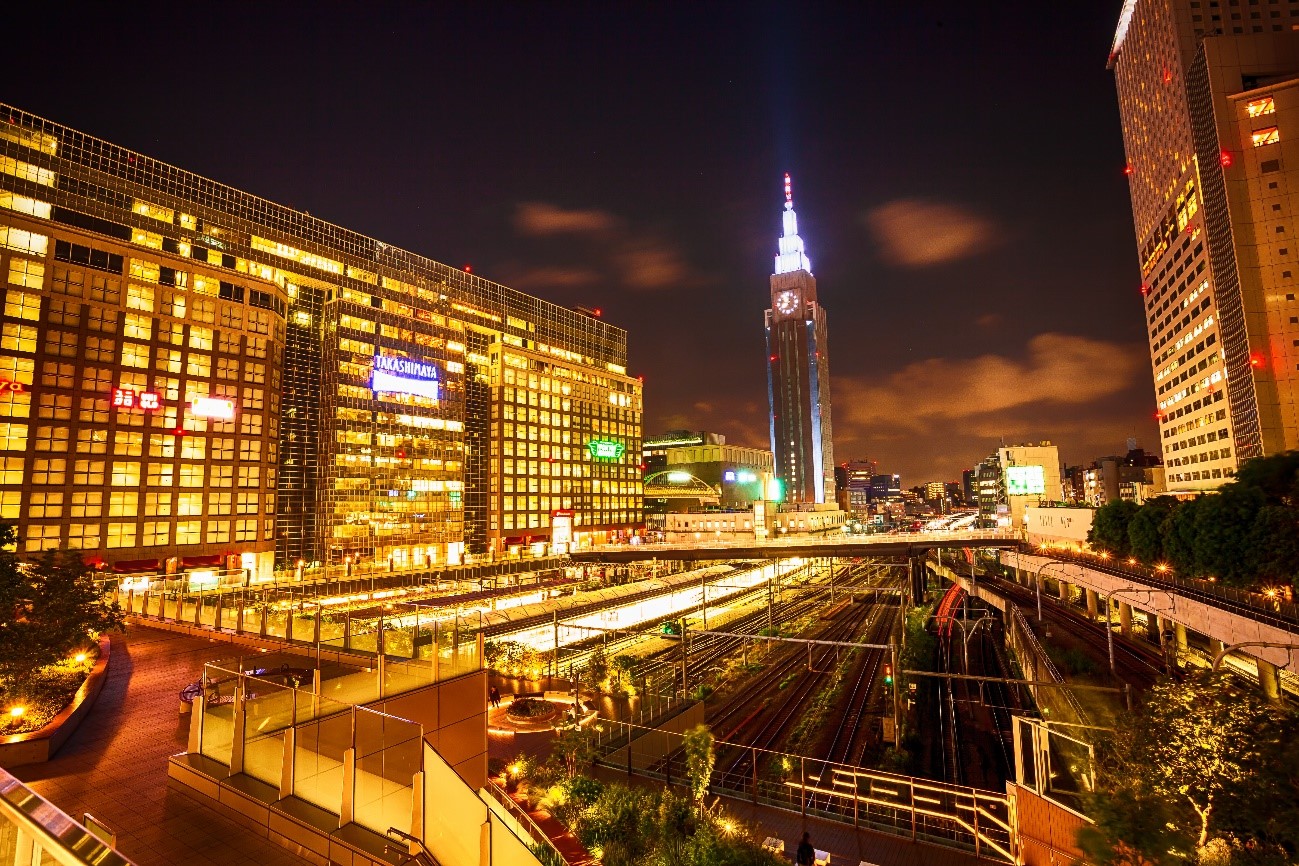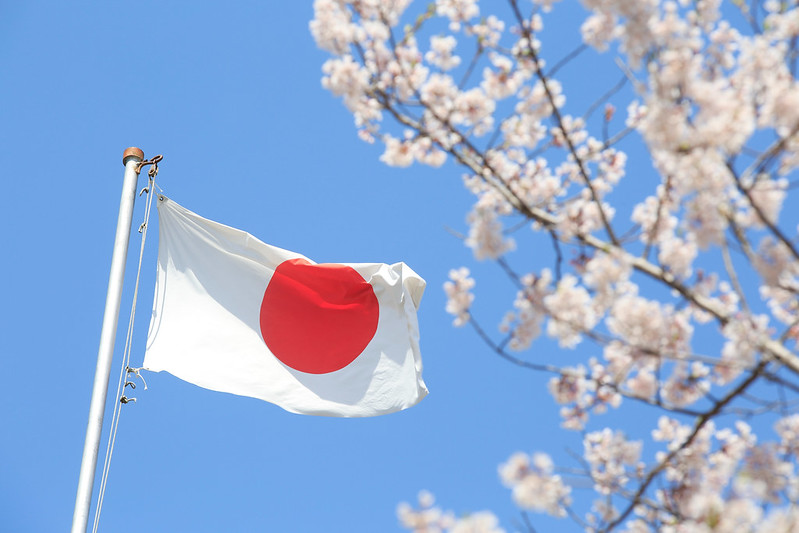The Spiritual Totem of Tokyoites
In Japan, there’s no strict “household registration” system tying people to their birthplace. If you live in Tokyo, you’re considered a Tokyoite. But among the true locals—those born and raised in the city—there’s a special pride. They call themselves Edo no Ko, or “Children of Edo,” a name that harks back to Tokyo’s historical roots. And if there's one place that captures the spirit of Edo and serves as a cultural anchor for these Tokyoites, it’s Asakusa.
A Gateway to the Past
Step out of Asakusa Station and you’re instantly swept into a sea of life: tourists searching for directions, families shuffling between snack stalls, and kimono-clad women moving gracefully through the crowd. Amid all this modern chaos, tradition pulses through the district. Even inside the station, a mikoshi—a portable shrine—quietly stands, a spiritual sentinel amid the daily rush. It’s a gentle reminder that, no matter how fast life moves, the gods are always present. This is Wa no Kon—the Japanese spirit—alive and well.

Tradition in Every Corner
Asakusa’s streets are lined with some of Tokyo’s oldest shops. From religious amulets to handmade sweets, the wares here feel untouched by time. Unlike the glossy, stylized treats in department stores, the local confections in Asakusa are humble in appearance but rich in nostalgia. Sharing a piece of senbei or daifuku over green tea with a smiling shop owner is a small but deeply satisfying moment—especially cherished by older generations.

The Soul of Kabuki
Asakusa isn’t just a stage for tradition—it’s home to one of Japan’s most beloved cultural arts: Kabuki. This is where Kabuki has room to breathe and flourish. With its deep roots in family legacy, celebrity worship, and fan devotion, Kabuki finds its perfect audience in Asakusa. Here, the performance is not just on stage—it’s in the shared reverence of a culture that values the old and the enduring.
Youthful Energy in an Old Town
Though steeped in tradition, Asakusa pulses with youthful charm. Young couples flock here for dates, and riding a rickshaw (人力车) through the district’s narrow lanes has become something of a romantic rite of passage. The rickshaw pullers themselves—handsome, athletic, and bronzed by the sun—add a touch of visual flair to the experience. In summer, their presence becomes part of the scenery—adding warmth to the historical streetscape.

Kimono rental shops are everywhere, and you’ll often see groups of young women dressed in full traditional attire, posing for photos, sipping matcha, and strolling through the district like characters from the Edo period. For a moment, the boundaries of time blur.
A City That Still Feels Like a Town
Despite its popularity with tourists, Asakusa hasn’t lost its neighborhood charm. During New Year’s season, long lines form outside local lottery stands as Tokyoites line up with dreams of turning “a bicycle into a motorcycle.” This ritual, rich in symbolism and community spirit, speaks to something deeper: a desire not just for luck, but for connection.

In contrast to more elite Tokyo neighborhoods like Azabu-Juban, Asakusa is unpretentious and full of life. The crowds, the noise, the humanity—this is a place where people still feel part of something bigger than themselves.
A Culinary Time Capsule
Japan takes food seriously, and Asakusa is no exception. The area is filled with shinise—century-old restaurants that serve everything from soba noodles to taiyaki with warm, gooey red bean filling. After buying a lottery ticket and indulging in hopeful fantasies, many people head straight to their favorite food spots. These humble meals—simple, familiar, and delicious—are another kind of everyday joy.
A Place That Refuses to Change
What makes Asakusa so beloved by native Tokyoites? It’s not just the famous Kaminarimon gate or the towering presence of Senso-ji Temple. It’s the feeling that, here, nothing ever really changes. The shops remain. The festivals return every summer. The same daifuku you loved as a child is still made by the same family-run store decades later.

Even as generations grow older and their hair turns white, they return to the same spots they visited in their youth. In that way, Asakusa is more than a place—it’s a time capsule of memories, a physical space that keeps your past alive.
The Totem of Tokyo’s Soul
Japanese people are deeply sentimental. They project emotions onto objects, onto places, onto rituals. In a city like Tokyo—ever-changing, fast-paced, and modern—this kind of emotional anchoring is rare. And that’s why Asakusa matters so much.
If the Tokyo Skytree represents Japan’s cutting-edge ambition, then Asakusa represents its emotional core. For Tokyoites, this district isn’t just a tourist hotspot—it’s their spiritual hometown. A totem of identity. A piece of home that never left.
Related Articles
You may also like...
International Hostess Bar Since 1993
夢
ORIGIN
・ International Hostess Bar since 1993
・ Japanese Hospitality with International Service
・ Diverse and Charming Floor Ladies
・Located in Shinjuku, Tokyo
・Transparent Pricing
・Easy Online Reservations

















.jpg)


